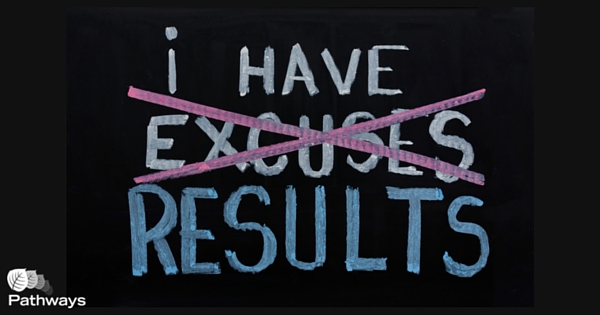What Are Externalizing Behaviors?
Externalizing behaviors are directed outward, towards our environment and the people in it – everything from our jobs, to our friends and our families, to the person standing behind us in line at the coffee shop, or the clerk ringing up the sale. Instead of expressing negative emotion or anger in a productive way that addresses the problem directly, our reactions are directed at ‘innocent bystanders” in our immediate vicinity.
Some of these aggressive behaviors can run the gamut from irritability to verbal abuse or aggression, and can escalate to physical intimidation, bullying, and develop into dangerous or criminal action such as vandalism, theft, and assault.
Externalizing Behaviors and Addiction
Addictions can often develop from these patterns of behavior, usually as crutches or coping mechanisms for the individual. Saying “My boss is making life unbearable, so I need that drink,” is another way of justifying the behavior or actions and blaming other external elements. Some of these addictive behaviors are drinking, drug use and gambling, and sexual activity or promiscuity, and the addict/externalizer will often do anything to remain unchanged and free of responsibility while compelling those around him or her to fit a certain comfort level.
Externalizing Behavior Disorders
1.Oppositional Defiant Disorder (ODD) – Subtype: Delinquent
- Defiant, obstructive, argumentative behavior
- Six months or more of continued non-compliant behavior pattern
- Impairment of social, academic, or professional function
2.Conduct Disorder (CD) – Subtype: Aggressive
- Aggression and blatant violation of rules or directives
- Aggression to people and animals/harm to same
- Lying, theft, and patterns of deception
- Serious violation of social rules and laws
Adolescent Vulnerability – Why Children and Teens May Exhibit Externalizing Behavior
Children and Teenagers are particularly vulnerable because of the natural shifts and changes in their biology and development. Certain environmental, internal, or genetic factors can add to those stresses and result in externalizing behaviors. Some of these factors include physical, sexual, or emotional abuse, or loss of loved ones to death or removal from the environment. Physical and emotional trauma – domestic violence, instability, substance abuse – can also be huge elements in the development of aggressive or counterproductive behaviors.
There are internal factors singular to the individual, from mental illness or personality disorder to a learning disorder, physical trauma or physical disability, which can cause a gamut of stress and insecurity in a developing child’s brain and behaviors. Children and teens may opt to keep their disability or disorder a secret, for fear of ridicule or being ostracized. Their externalized behaviors can then lead to expulsion from school – which is much more preferable than isolation from peers. Results can escalate to arrest or detainment by authorities, and carry greater risk of criminal patters and incarceration.
Treatment for Children, Teens and Adults in Utah
When presented with the need for treatment, the externalizer will also often rationalize the many reasons why they engage in these patterns and why they need those behaviors to cope – to insulate themselves against pain, sadness, intimidation or feelings of inadequacy, or to avoid confronting the root issue. Sometimes the reasoning can be as simple for them as “I feel better when I drink, because it makes me feel happy”. These rationales need to be identified head on, and the positive possibilities of treatment presented with equal clarity. Counseling, therapy, and sometimes medication are all options that can be discussed and reviewed, but it’s important that not only the individual receive help and intervention – it’s equally important for him or her to realize that a full, functional, and productive life is possible with the right tools, knowledge, and therapy.
For a free consultation and more information, please contact us at 801-895-3006. We are available 24 /7.


